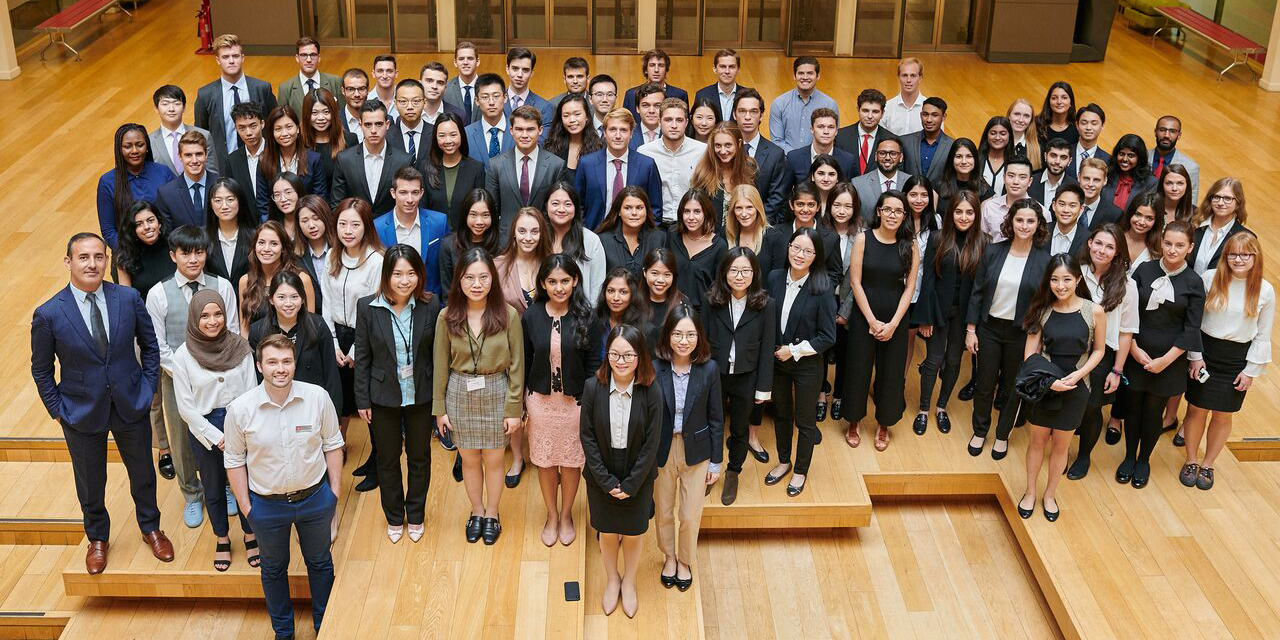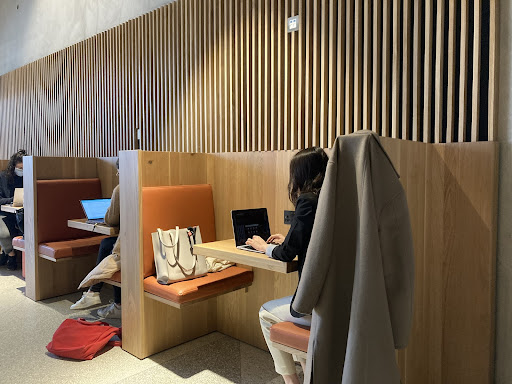Alexandra Popescu, MSc Human Resources and Organisations (HRM stream) Student Ambassador shares practical and time-saving tips on how to organise your graduate funding application. Read on for a one-stop shop of resources…
Let’s get you ready for graduate funding.
Choosing to further your study by embarking on a postgraduate course can be an exciting but stressful journey, add funding in the equation and you may become overwhelmed. Not to worry! I have put together a vast number of resources and links, which can help guide you to the available opportunities for graduate funding.
I have included some top tips on how you can approach the graduate funding process to prevent it from becoming daunting.
OPTION 1: Use the resources available to you
After choosing the university you wish to attend, their home page can become your best friend when it comes to preparation. LSE has a dedicated section on funding with lots of links and resources for UK, EU and international students. Your funding is dependent on your current situation and country you come from. Therefore, research is your best friend.
> Find out what type of LSE and external funding would be suitable for you.
Here you will find:
- LSE Access to Education Graduate Scholarships (asylum seekers, refugees or people with humanitarian protection)
- Anniversary Scholarships (UK students)
- Graduate Support Scheme (all UK, EU and overseas students and Dual Degree programmes at LSE year)
- Master’s awards (UK, EU and overseas students)
- Awards for Home UK/EU students
LSE also has available country based and programme related awards for MSc or PhD study:
It focuses on providing you with information on the available scholarships for students from specific regions of the world and awards for students studying specific programmes or subject areas.
- Programme-related funding (MSc and PhD)
- Country-based awards for taught master’s students: A – C
- Country-based awards for taught master’s students: D – K
- Country-based awards for taught master’s students: L – Q
- Country-based awards for taught master’s students: R – Z
OPTION 2: Branch out and use the internet
If you find that the University’s home page doesn’t offer funding options that match your needs, then it is time you expand your search and look for further resources.
Google can be a life saver!
Here are some trusted websites offering further information on funding:
What do I do next?
Now that you have done some research it is time to look back at your notes and assess the situation.
Ask yourself the following questions:
- What funding do I need?
- Do I qualify for the eligibility criteria?
- Is scholarship an option for me?
- When are the deadlines for the applications?
- What documents/evidence do I need?
Once you have answered each of these you then need to start prioritising.
Get the calendar out and start assessing each option to see what will work best for you.
Remember to always have a checklist and to do list – keeps you organised, and you are always aware of your next steps.
Now that we got the fees out the way, let’s talk expenses…
There are several expenses you will encounter once you begin your graduate studying and perhaps even before… that is why it is better to prepare beforehand. Set your expectations and limitations, know how much you will be spending and always have a budget plan.
Several expenses may include:
- Accommodation fees
- Transport
- Food
- Fun and Leisure
- Interests (hobbies)
- Shopping …etc
These are only a few, but it is a great start to a list you should start building. Tracking your expenses can be hard, but it is also useful when it comes to managing your money which is a skill, we all need in the real world.
There are two apps I love that make the budget tracking and planning in general easier:
Additionally, here are apps that can help you save money by offering discounts or notifying you when there are offers:
Lastly on the agenda, I would like to highlight that a part time job, if needed, is also a good way to manage your expenses and save some coins.
PART TIME JOB? – What about studies?
Whilst it is only recommended that you work no more than 15 hours during graduate studies, there are several students that still choose to work.
If you are someone that manages their workload well and is very organised, a part time job is a great way to gain some experience and earn money.
LSE offers a range of paid roles over on their Careerhub – most are in close proximity of campus which is convenient, and some are even remote.
Once you are settled in and you think a part time role may be suitable for you, I say you check out Careerhub.
Here is the link: https://careers.lse.ac.uk/students/login?ReturnUrl=%2f
Lastly, don’t forget to enjoy your graduate experience, as daunting as funding may be, once the process is finalised and you are ready to go the overall experience is definitely worth it.
I hope the information was useful to you and you have used some of the concepts discussed. If you have further questions or just want a quick chat, don’t hesitate to reach out.
Alexandra
Learn more about our MSc Human Resources and Organisations programme








